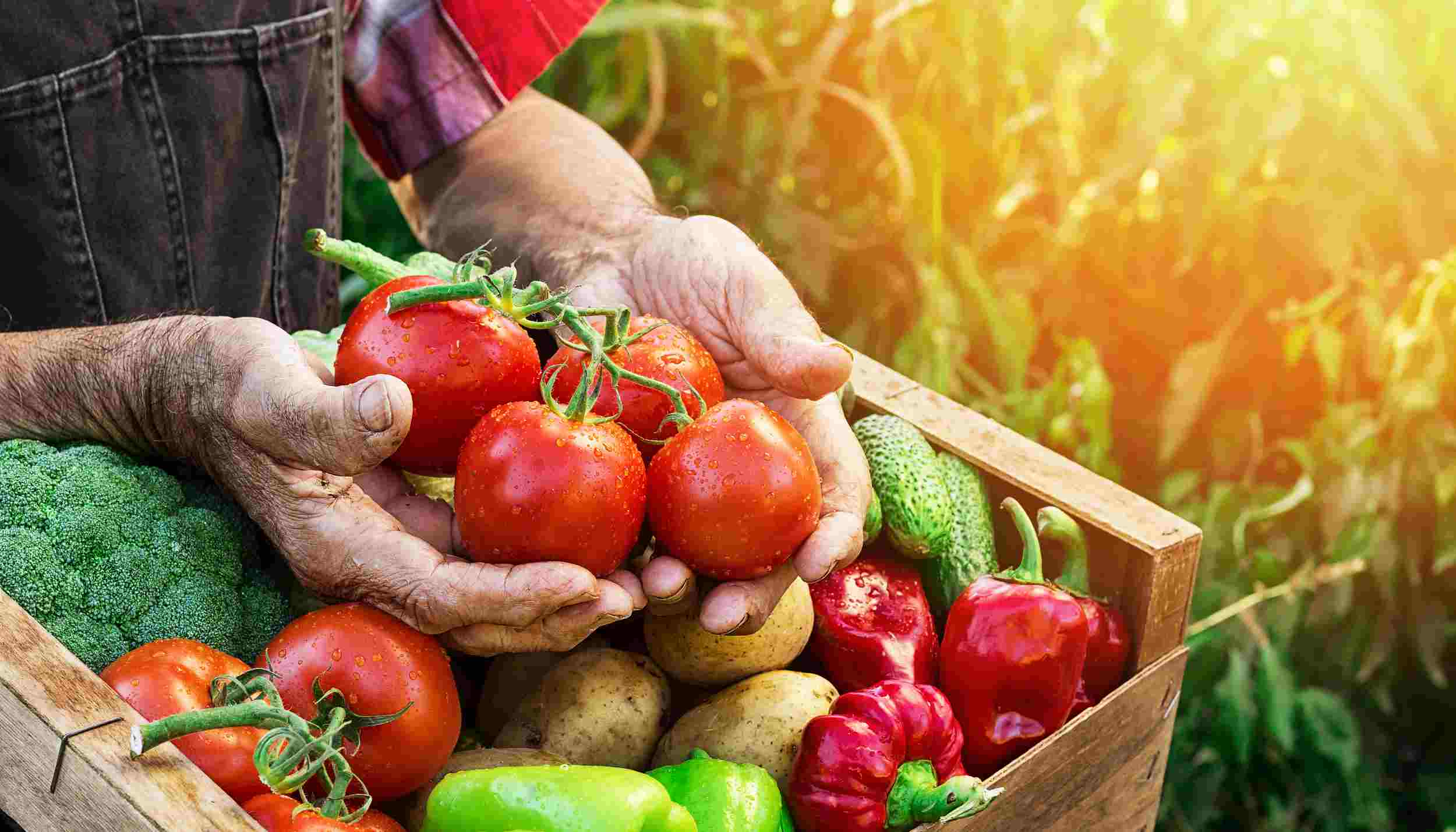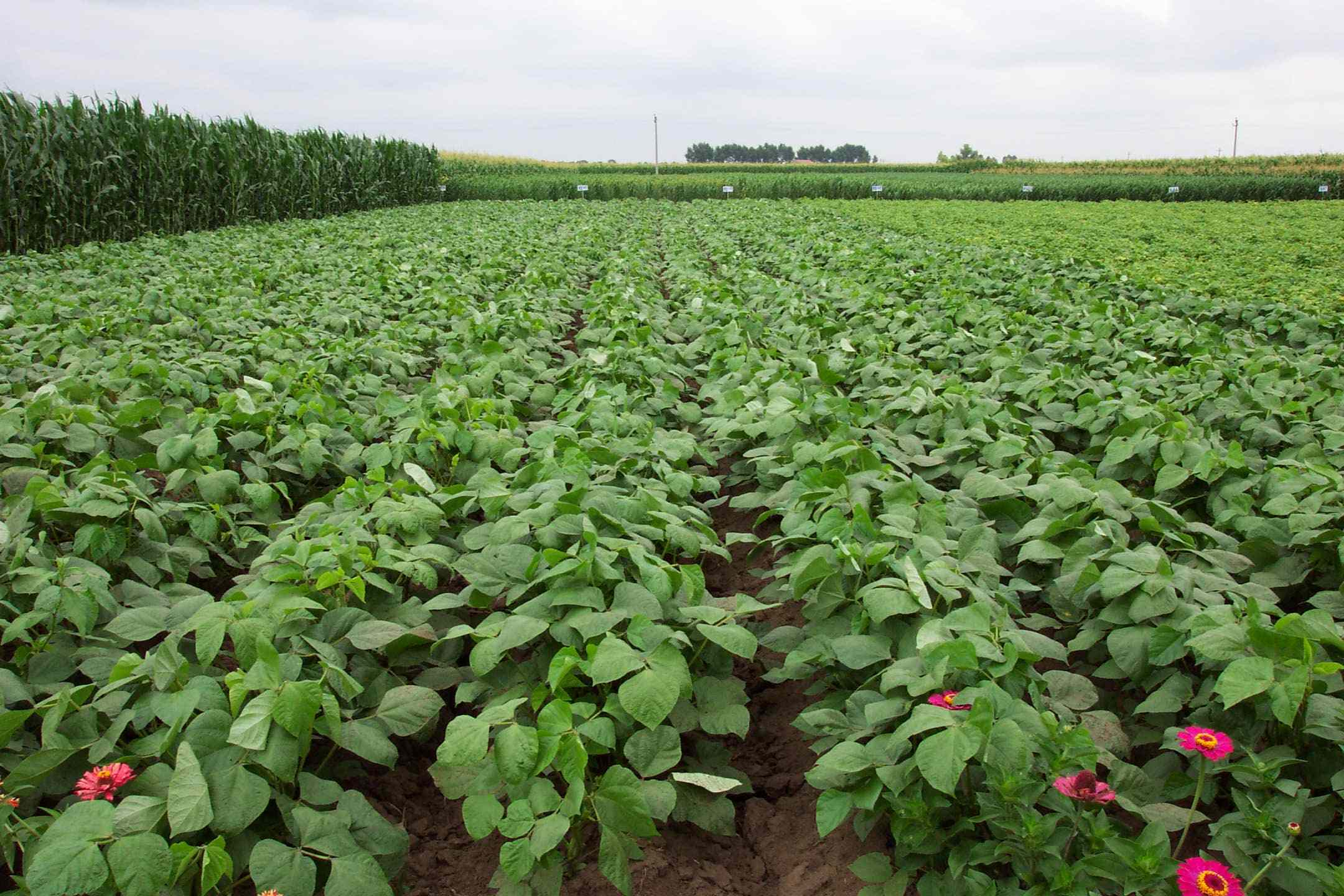The reasons why water resources for agricultural irrigation need to be filtered and treated are as follows:

- Removal of suspended solids and impurities: Irrigation water may contain a large amount of suspended solids and impurities, such as sediment, plant residues, microorganisms, etc. These impurities can clog irrigation equipment and pipelines, affecting the even distribution of water, and even affecting the effectiveness of irrigation. Therefore, filtration and treatment are necessary to remove these impurities and ensure the cleanliness and suitability of water.
- Water quality control: Differences in irrigation water quality directly affect the growth and quality of agricultural products. Some irrigation water may contain excessive salts, heavy metals, sulfates, and other harmful substances, which can negatively impact the soil, leading to issues such as soil salinization and heavy metal accumulation. Therefore, water resources need to be treated to control their quality, ensuring their benefits to crops and soil.
- Disease and pest prevention: Irrigation water may contain various bacteria, viruses, and parasites. These microorganisms can spread to crops through irrigation water, causing diseases and affecting the yield and quality of agricultural products. Therefore, water treatment is needed to kill harmful microorganisms and reduce the incidence of diseases and pests.
- Water conservation: When irrigation water for agricultural products is not filtered and treated, it can lead to water waste. For example, water with a high content of sediment and impurities can accelerate the wear and tear of irrigation equipment, leading to equipment damage and a shortened lifespan, increasing the cost of repair and replacement. Filtration and treatment help reduce water waste, improve water use efficiency, and conserve water resources.
- Environmental compliance: Filtering and treating water for agricultural irrigation help reduce environmental pollution, protect the health of soil and water ecosystems, and meet the environmental requirements for sustainable development.

In conclusion, water resources for agricultural irrigation need to be filtered and treated to remove suspended solids and impurities, control water quality, prevent diseases and pests, conserve water resources, and comply with environmental regulations. This ensures the cleanliness and suitability of irrigation water, and the growth and quality of agricultural products, ultimately achieving sustainable development goals.
